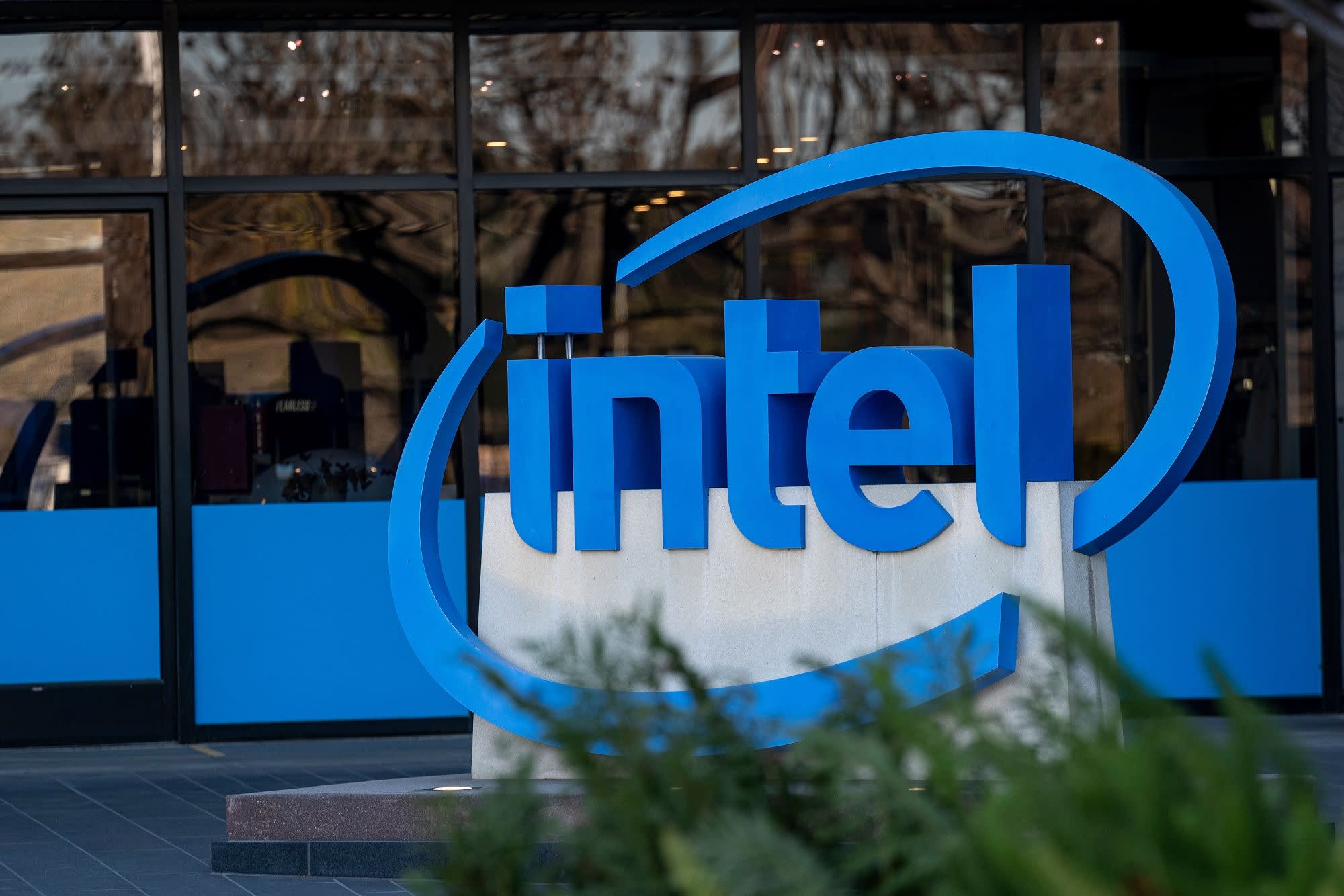Almost exactly five months ago, AMD announced its COVID-19 HPC Fund, an ongoing flow of resources and equipment to research institutions studying COVID-19 that began with an initial donation of $15 million. In June, AMD announced major equipment donations to several major institutions. Now, AMD is making its third major COVID-19 HPC Fund announcement: 18 new recipient institutions and five petaflops of additional computing power donated.
 AMD’s computing contributions are split between on-premises high-end computing systems and cloud-based clusters provided by its partner, Penguin Computing – which is, itself, powering those clusters with second-generation AMD Epyc and Radeon Instinct processors. The COVID-19 HPC Fund is also supported by Gigabyte (which is providing compute nodes for the Penguin clusters), Nvidia Networking and others. “We look forward to continuing to support AMD and the latest round of universities and labs to participate in this global effort,” said Sid Mair, president of Penguin Computing.
AMD’s computing contributions are split between on-premises high-end computing systems and cloud-based clusters provided by its partner, Penguin Computing – which is, itself, powering those clusters with second-generation AMD Epyc and Radeon Instinct processors. The COVID-19 HPC Fund is also supported by Gigabyte (which is providing compute nodes for the Penguin clusters), Nvidia Networking and others. “We look forward to continuing to support AMD and the latest round of universities and labs to participate in this global effort,” said Sid Mair, president of Penguin Computing.
The newly allocated five petaflops of computing power bring the total allocation through AMD’s COVID-19 HPC Fund to 12 petaflops, with the June announcement accounting for the remaining seven petaflops. Though AMD didn’t elaborate on its specific benchmarks, the company claimed that the donated power, if combined, “would rank among the fastest supercomputers in the world according to the most recent Top500 list.” (An aggregate capability of 12 Linpack petaflops of computing power would be roughly equivalent to the 20th most powerful system on that list.)
“AMD is proud to be working with leading global research institutions to bring the power of high performance computing technology to the fight against the coronavirus pandemic,” said Mark Papermaster, executive vice president and chief technology officer at AMD. “These donations of AMD Epyc and Radeon Instinct processors will help researchers not only deepen their understanding of COVID-19, but also help improve our ability to respond to future potential threats to global health.”
The June allocation, while larger in terms of computing power, went to just three major recipients: MIT, NYU and Rice. The September allocation, on the other hand, is a virtual who’s-who of COVID research: major universities (Cambridge, Carnegie Mellon, Stanford, Texas State, the University of British Columbia, the University of Texas at Austin, UCLA, University of Arkansas, University of Toronto, University of Trento, University of Vermont, Virginia Commonwealth University and Washington University); major computing centers (GENCI, HLRS, LRZ and CSIR); and Harvard Children’s Hospital. In total, the AMD COVID-19 HPC Fund is now contributing resources to 21 partners.
“We are very grateful to receive AMD’s donation of high performance servers,” said Dr. Jeremy Goldhaber-Fiebert, associate professor of medicine at Stanford. “The diverse evolution of COVID-19 epidemics in various parts of the world raises numerous, time-critical, location-specific, policy-relevant questions. Computational power like that provided by AMD allows our team to attempt to answer such questions more quickly, more deeply, and for more places.”
AMD says that the questions being addressed by these systems range from modeling the evolution of SARS-CoV-2 to fluid dynamics simulations of airborne COVID-19 droplets to analysis of the virus’ notorious spike protein.
“We have numerous research groups working on diverse aspects of the COVID-19 problem, from epidemiology to molecular studies aimed at developing therapeutics and vaccines,” said Todd Yeates, professor of biochemistry at UCLA and director of the UCLA-DOE Institute for Genomics and Proteomics. “Many of those studies are limited by computing needs. This new influx of power will be an opportunity for UCLA and AMD to work together in exploiting their processor technologies in new areas of computational research.”
AMD expects this second round of donations to be operational by Q4 2020. Beyond the COVID-19 HPC Fund, AMD contributed resources to “nearly double” the computing capacity of Lawrence Livermore National Laboratory’s Corona system and donated a total of $2 million to medical support and humanitarian relief organizations in response to the pandemic.
The Link LonkSeptember 14, 2020 at 09:21PM
https://ift.tt/3iuhqSD
AMD's Massive COVID-19 HPC Fund Adds 18 Institutions, 5 Petaflops of Power - HPCwire
https://ift.tt/2ZDueh5
AMD

No comments:
Post a Comment